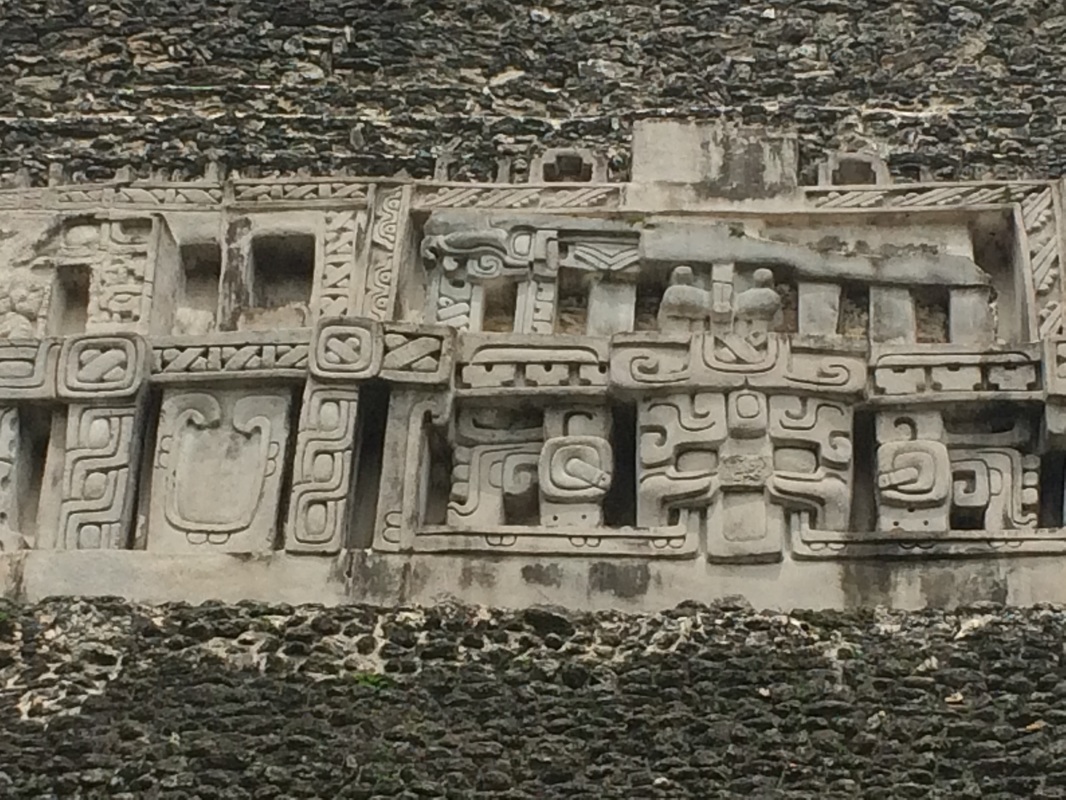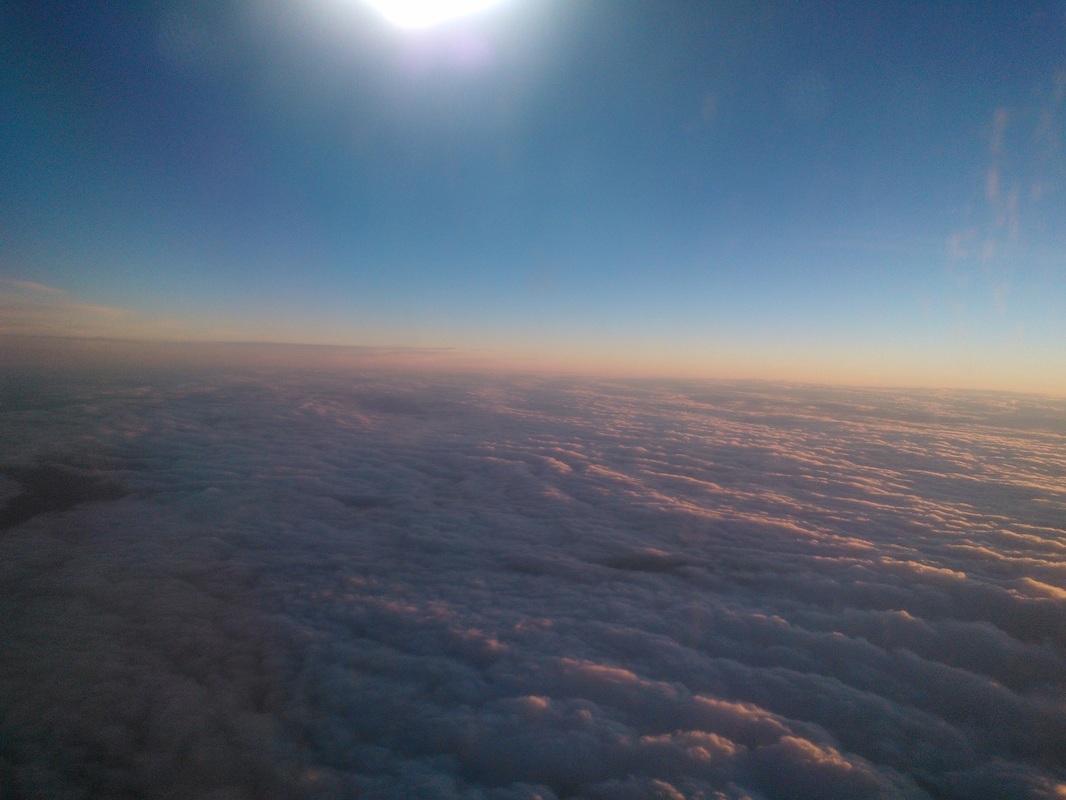I am working on these things, and have been for years.
Like many writers, I somewhat superstitiously hesitate to talk about plans or work undone, at least talk too soon, lest the deer run away. But the following projects are far enough along to bear discussion, and besides, a public commitment can be a goad to completion.
|
Constructed By Writing: A Discussion of ComputingMy buddy Perry Alexander, author of the computer language Rosetta (and sometime teacher of one of my children), and I are trying to understand and articulate computing as an intellectual enterprise, and situate it within the ecology of knowledge and, institutionally, within the university.
We wish to distinguish "computing" from its usual referents (mathematics, engineering, and science), and link it, as a writing if not exactly literary practice, with the tradition of self-referential thought stretching back through Turing and Goedel to Hilbert and Frege, the non-Euclidean geometers, and I would argue, philosophically, to Kant. From that, just maybe, we might be able to suggest if not construct a notion of computing as constitutive of culture, i.e., as one of the humanities. At any rate, as important to the construction of contemporary culture. But we are in early innings. This project is much like Navigators of the Contemporary, in that it attempts to articulate and come to grips with a set of very important (but how, and how should we think about?) intellectual practices. The projects are also similar in that I approach the fields as a sympathetic and also critical outsider, unconvinced. Conversely, the adepts (who are my friends) are not entirely sure that what makes sense in their professional world makes sense in the larger world, either at present or against the horizon of thought, to be old fashioned, truth. Most importantly, the projects are similar in proceeding on the basis of lengthy conversations among friends. And what might be the themes? |
Global Foresight
This international collaboration among many researchers from various disciplines explores "anticipatory governance and the making of global scenarios." The project is led by Christina Garsten and based at Stockholm University's Department of Social Anthropology. "Global Foresight" is generously supported by the Jubileumsfond, the Swedish foundation for the humanities and the social sciences, itself established by the Riksbank (the Swedish central bank, oldest in the world).
I have been working to synthesize the various research efforts conducted under the Global Foresight umbrella, to take the strands and make a rope. We hope to express the project visually, in an effort to reach students and those outside the ethnographic academy. My own work explores senses in which "the future" can stand in for teleology, thus filling oft remarked lacunae in liberalism. More darkly, I am also interested in how ostensibly participatory modes of projection can be used as techniques of management and even coercion, rule by ostensible consensus. See Global Foresight |
Global Cooling
A fiction (unlike my other books, which are raw speculation) about the poetry of planes and the romance of bullets at the end of truth. A retelling of the Acteon myth in Airworld. An extended joke on my brothers for mocking me as an assassin, a joke that has become bitter in light of the degeneration of our security policy.
|



